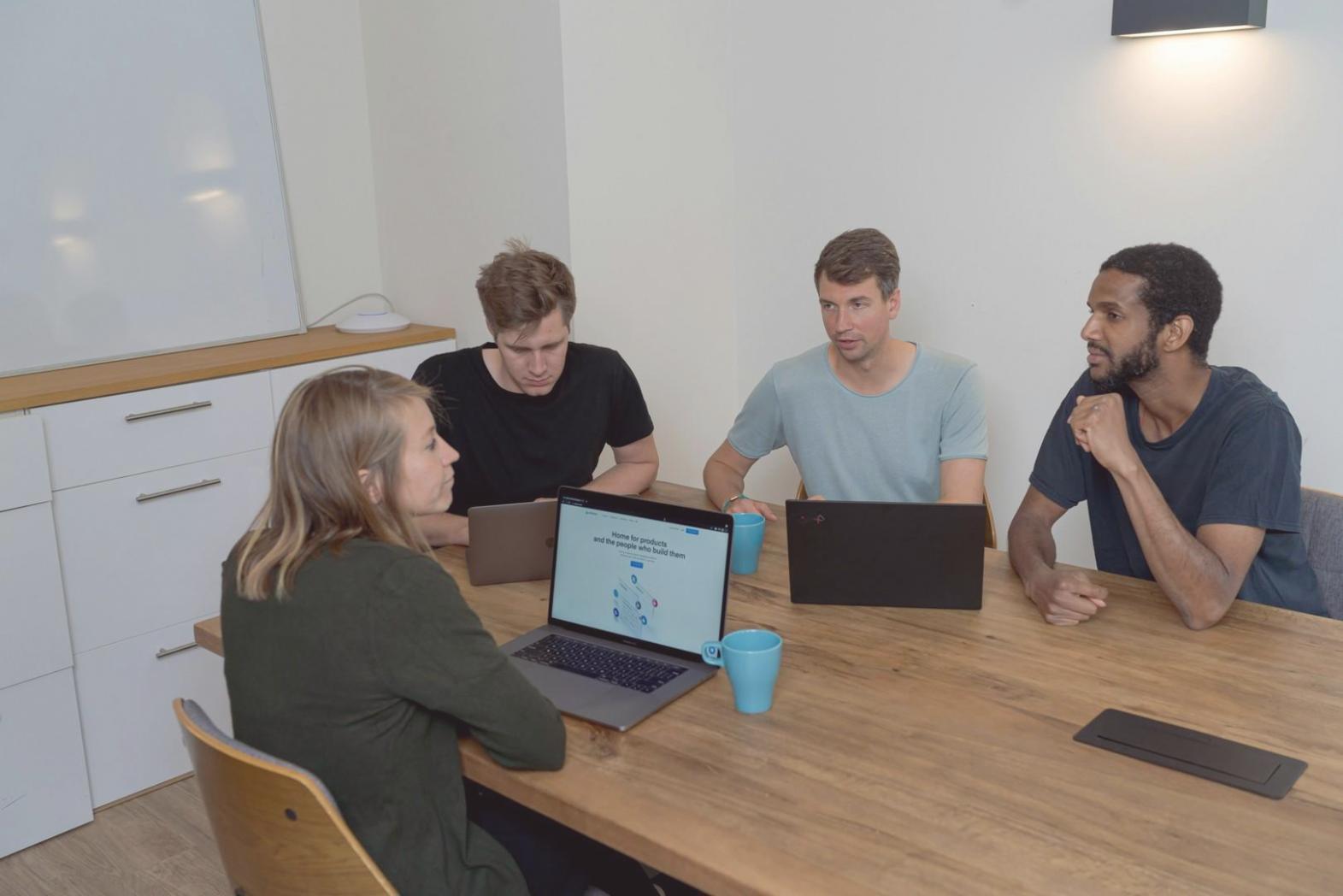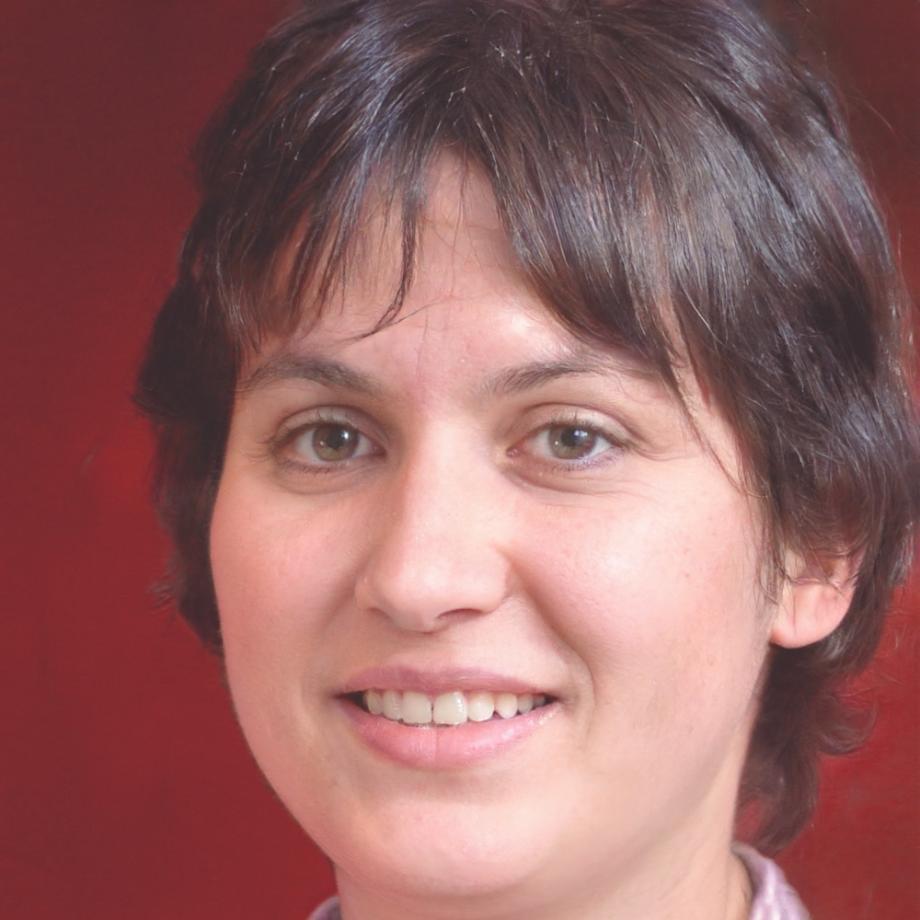Budget Mastery That Actually Sticks
We've worked with families across Sydney who struggled with the same thing. They'd set budgets, track expenses for a week or two, then life would happen and everything would fall apart. Sound familiar?
Our approach is different because we don't believe in perfect budgets. We believe in building financial habits that survive real life—school holidays, car breakdowns, and those weeks when you're too exhausted to cook and end up ordering takeaway three nights in a row.
Average time to build sustainable habits
Families completed the program in 2024
September 2025 cohort
How We Actually Teach Budget Communication
Start With Your Reality
Forget ideal budgets. We spend the first two weeks just observing—no judgment, no changes. You track what you actually spend, not what you think you should spend. Most people discover they're already doing some things right, and that's where we build from.
Talk About Money Without Fighting
This is where most budget plans fail. We teach you and your partner (or housemates, or family) how to have productive money conversations. Not scripted dialogues or corporate communication techniques—just honest ways to discuss priorities without defensiveness.
Small Adjustments Under Guidance
You'll make tiny changes—shifting one spending category by 10%, trying one new money conversation per week. Our facilitators have seen hundreds of families navigate this. They know what stumbling blocks to expect and how to help you past them.

What 12 Weeks Actually Looks Like
We meet online every Tuesday evening (Sydney time) for 90 minutes. Between sessions, you'll practice one specific skill. That's it. No overwhelming homework or complicated spreadsheets.
Understanding Your Current State
We look at where your money goes now. Not where it should go—where it actually goes. You'll learn to track expenses in a way that takes five minutes a day, not thirty. And we'll identify one money pattern you want to change.
Building Communication Skills
Here's where it gets interesting. You'll practice having weekly money check-ins that don't turn into arguments. We cover how to disagree about spending without getting defensive, and how to align on priorities when you have different values.
Testing Your System
Now you'll design a budget approach that fits your life. Not a template—your actual system. We test it, see where it breaks, and adjust. Most families go through three or four versions before finding something that works.
Preparing for Real Life
What happens when someone loses their job? When a major expense hits? When you just need a break from tracking? We plan for these scenarios so you know how to adapt without abandoning the whole system.

What Participants Tell Us
Still using their budget system six months after completing the program
Average improvement in confidence around money conversations (on a 5-point scale)
Before this program, my husband and I couldn't talk about money for more than two minutes without someone getting upset. Now we have a 15-minute check-in every Sunday morning over coffee. It's not magic—we still disagree sometimes—but we know how to work through it.
Next Program Starts September 2025
We keep groups small—maximum 12 families per cohort. Early registration opens in June. If you want to know more about whether this program would suit your situation, get in touch and we'll have a conversation about it.
Ask About the Program